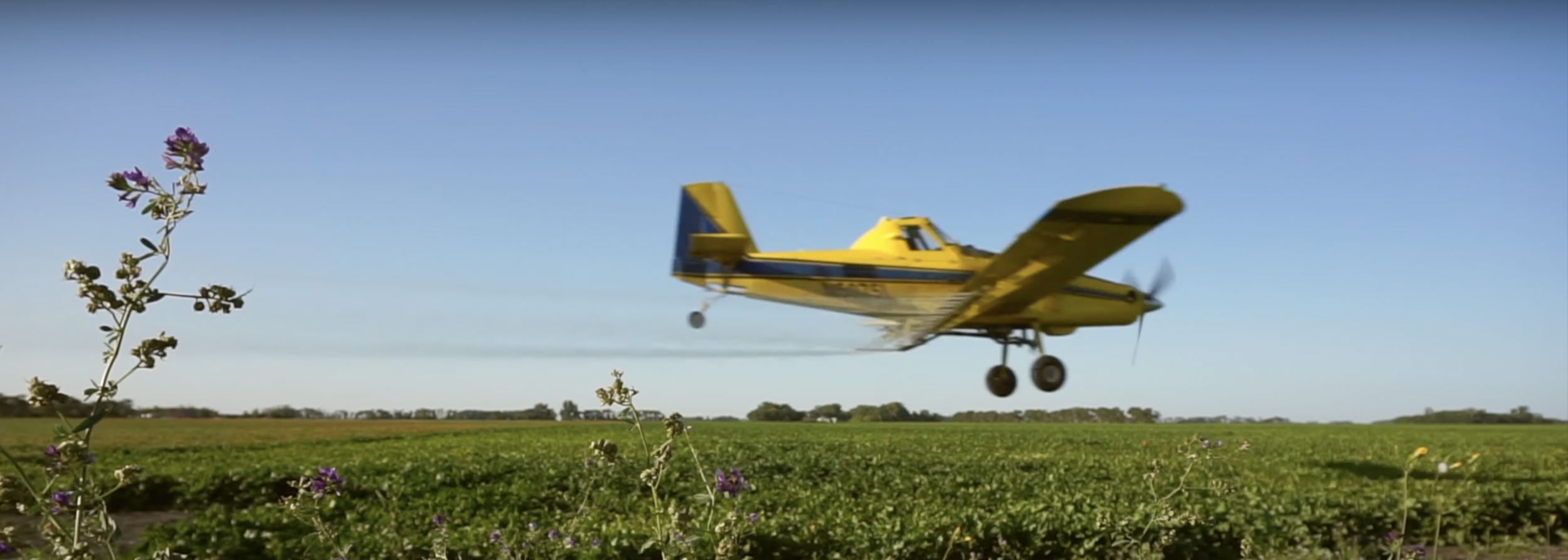
ABOUT US
Working in Agricultural Aviation, we find ourselves answering the question “so what do you do for work?” to family and friends who’ve never visited the Midwest or heard of a sugarbeet. So in 2019 we started Ag Aviation Adventures to actually bring everyone behind the scenes of working in the agriculture industry as an aerial application crew. Because seeing is believing!
Our team is made up of Tyson (career ag pilot), Cally (chaos coordinator), and now Charlie. When we aren’t flying or connecting with you online, we are usually off exploring and having fun. We are firm believers in the saying work hard play harder.
We are really stoked to show you the ins and outs of owning a spray business, share with you gear and equipment we love, and answer all of your Ag Aviation questions. We hope you enjoy what you find here-- and if you do let us know!

“If we are not sharing about what we do and how we do it, then those who have no idea are putting words in our mouths and continuing the cycle of misinformation. My only regret about sharing what we do with the world is not starting 10 years ago.”
FAQ’s
+ What type of plane does Tyson fly??
Tyson flies a Thrush S-2R that has been converted to a 500 gallon hopper and turbine engine.
+ How many gallons can the airplane hold?
Our Thrush airplanes have a 500 gallon capacity (that’s ~4000 pounds).
+ How fast and low is Tyson flying while spraying?
150 mph and 5-10 feet above the crop canopy!
+ How did Tyson start out in Ag Aviation?
Tyson went to school for Aviation Technology knowing he wanted to be a pilot, but he also knew he didn’t want to fly for commercial airlines. As he was working on the ramp one day, a pilot flew-in in a SEAT (Air Tractor 802). Tyson asked the pilot questions and the pilot suggested that he get into crop dusting, which is a great way to build time to become a SEAT pilot. With this stepping stone Tyson set his sights on becoming an Ag Pilot. It wasn’t easy for him to break into the industry. Once in, and after gaining more experience, he loved spraying and decided to stay.
+ You’re a couple and you work together?
Yes! We started dating Tyson’s first season of spraying. He lived in Nebraska for the summer and I lived in Colorado. I would drive out and see him on the weekends. The following season I moved to Nebraska with him. On our fourth summer together, we both realized that if we were ever going to see each other or be able to do anything together in the summers, we needed to work together. We convinced the company he worked for to hire me to be the ground manager for the location Tyson was based out of and the rest is history. We’re honestly a dream team and work extremely well together, but that doesn’t mean it does not come without its ups and downs. It isn’t always easy but at the end of the day it is always worth it.
+ Why do you share your work on the internet?
We literally have to. Who else is going to advocate for us, if we aren't? The answer is no one and it’s evident with the work we have to do in educating about aerial application and even agriculture in general. Consumers are so misinformed about where their food (and fuel and fibers and so much more) comes from and who better to show them than those who are immersed in the industry? If we are not sharing about what we do and how we do it, then those who have no idea are putting words in our mouths and continuing the cycle of misinformation. My only regret about sharing what we do with the world is not starting 10 years ago.
+ Will drones replace Ag Pilots?
We're not sure of the timeline but we think that maybe eventually drones will be applying chemicals at an effective and efficient rate. Maybe 5 years, maybe 20. There are a lot of things to consider when it's marketed that drones are able to spray. For instance, chemical labeling and approval, application rates, amount of time it takes to spray a certain amount of acres (on good days we can spray 2,000-2,500 acres with an Air Tractor 502), spray pattern, etc. We won't say that it won't happen but we do believe there is still a lot of work to do for drones to entirely take over the position of an Ag Pilot.
Contact
Send us a message - we’d love to connect with you!

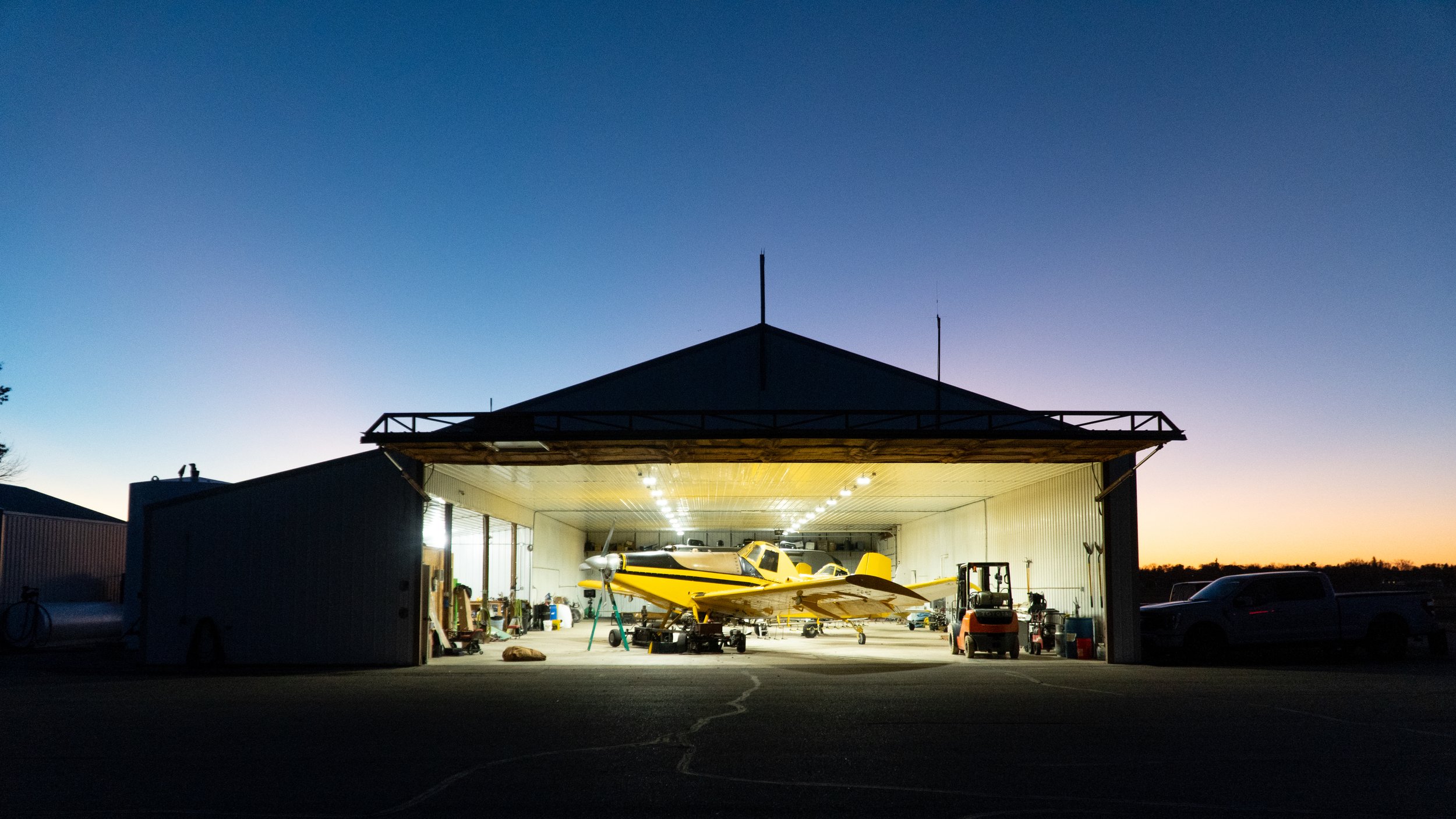
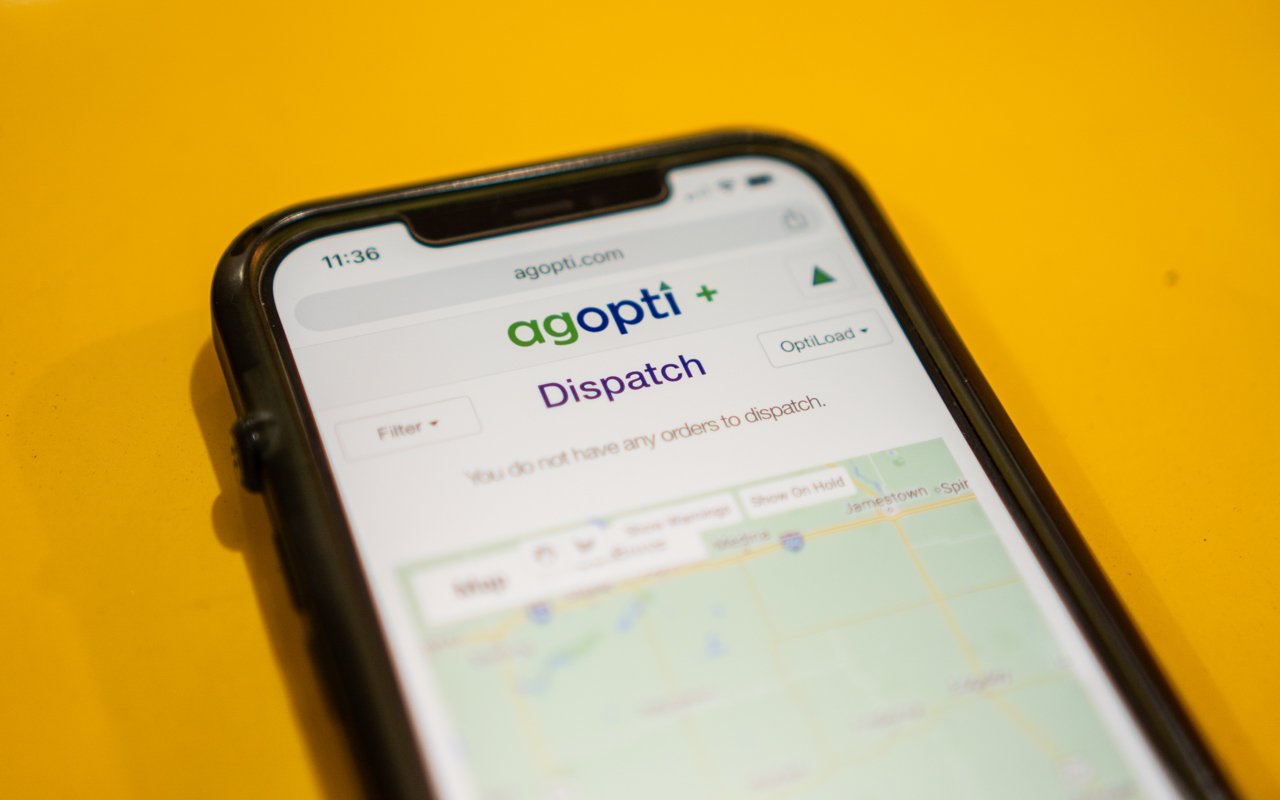
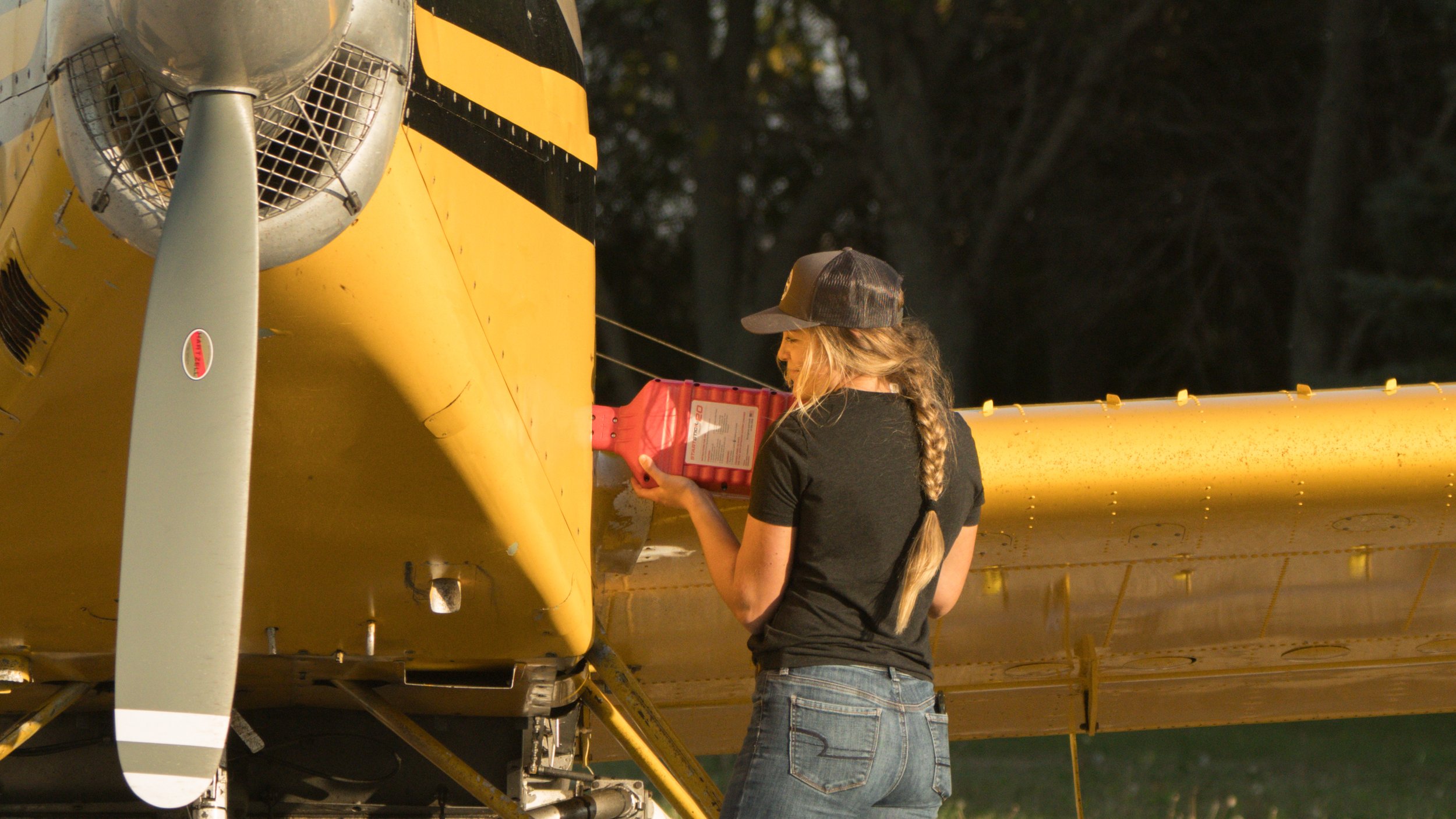
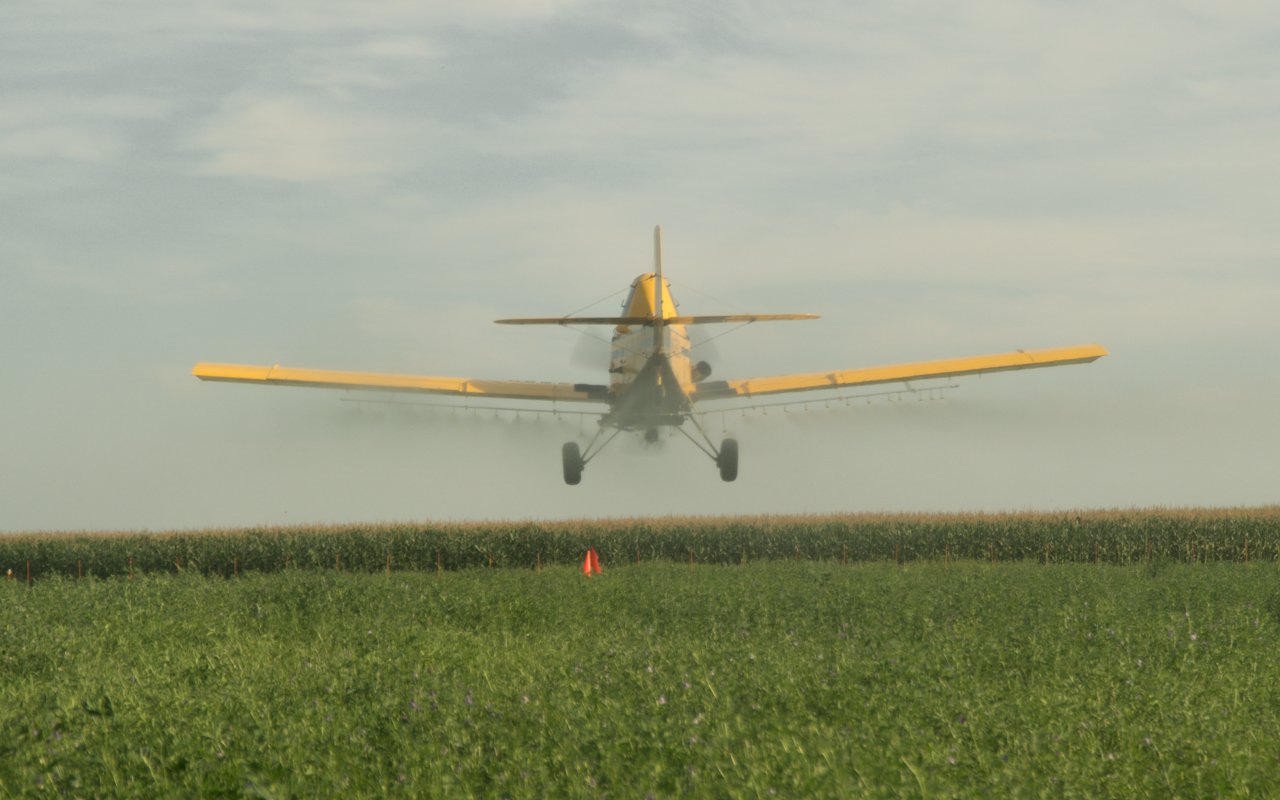
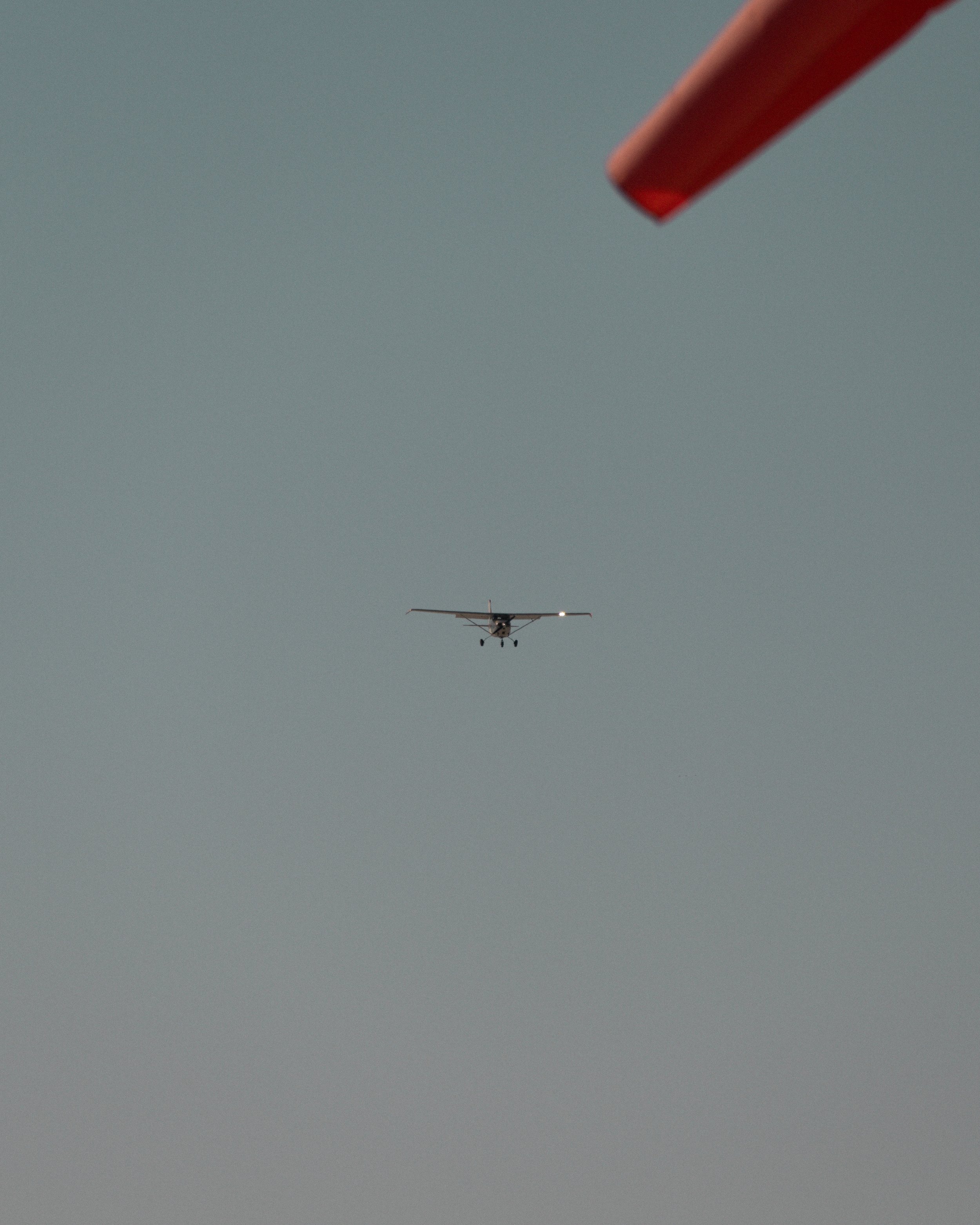
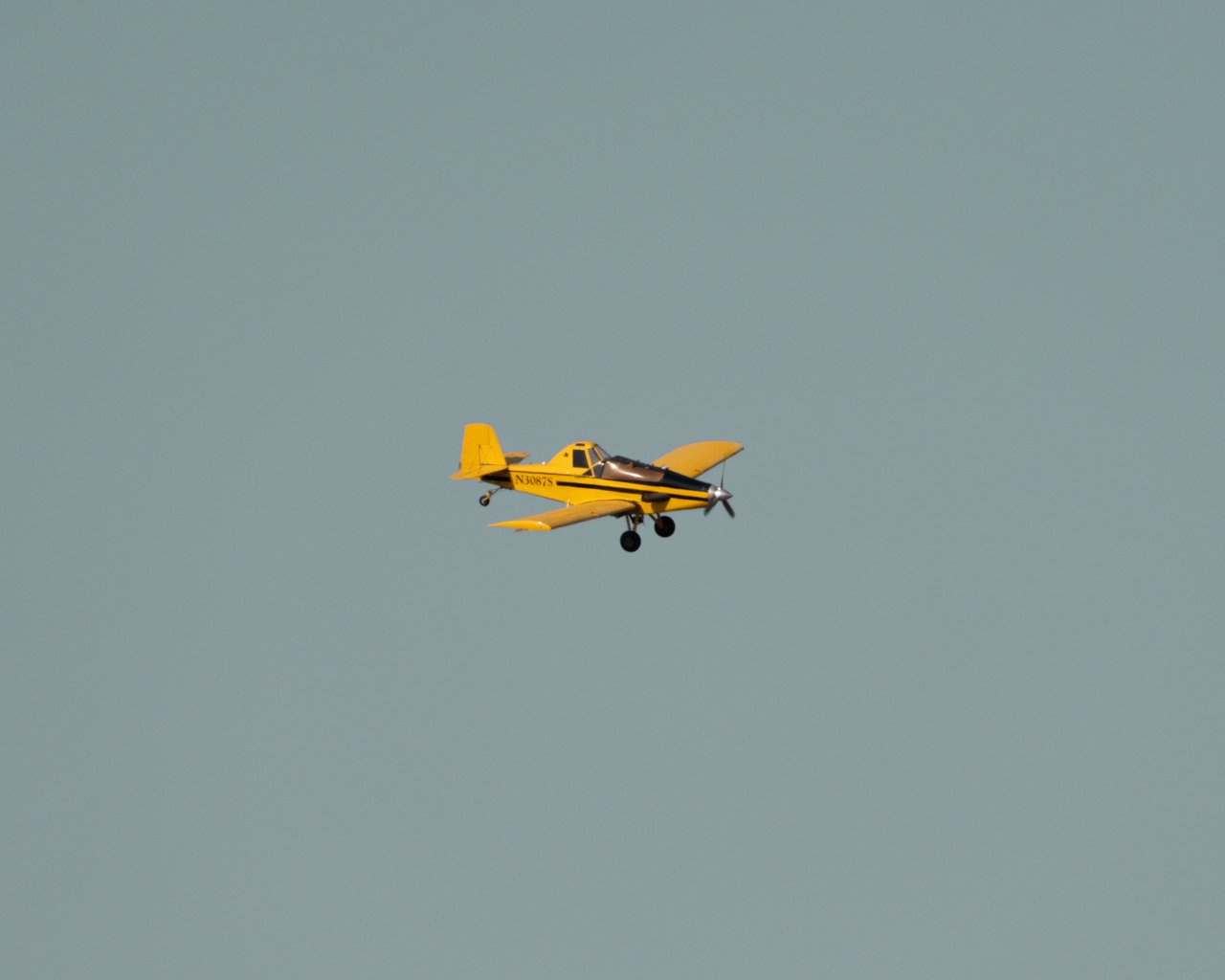
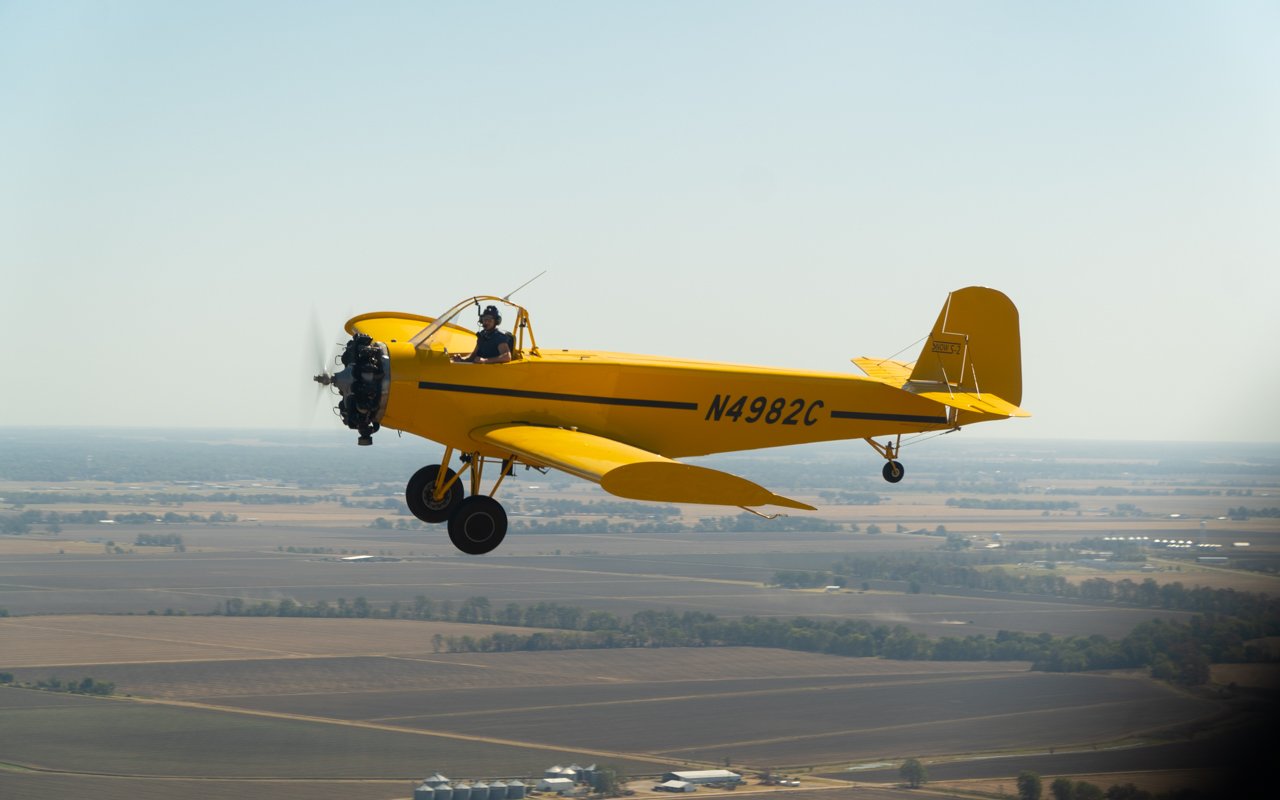
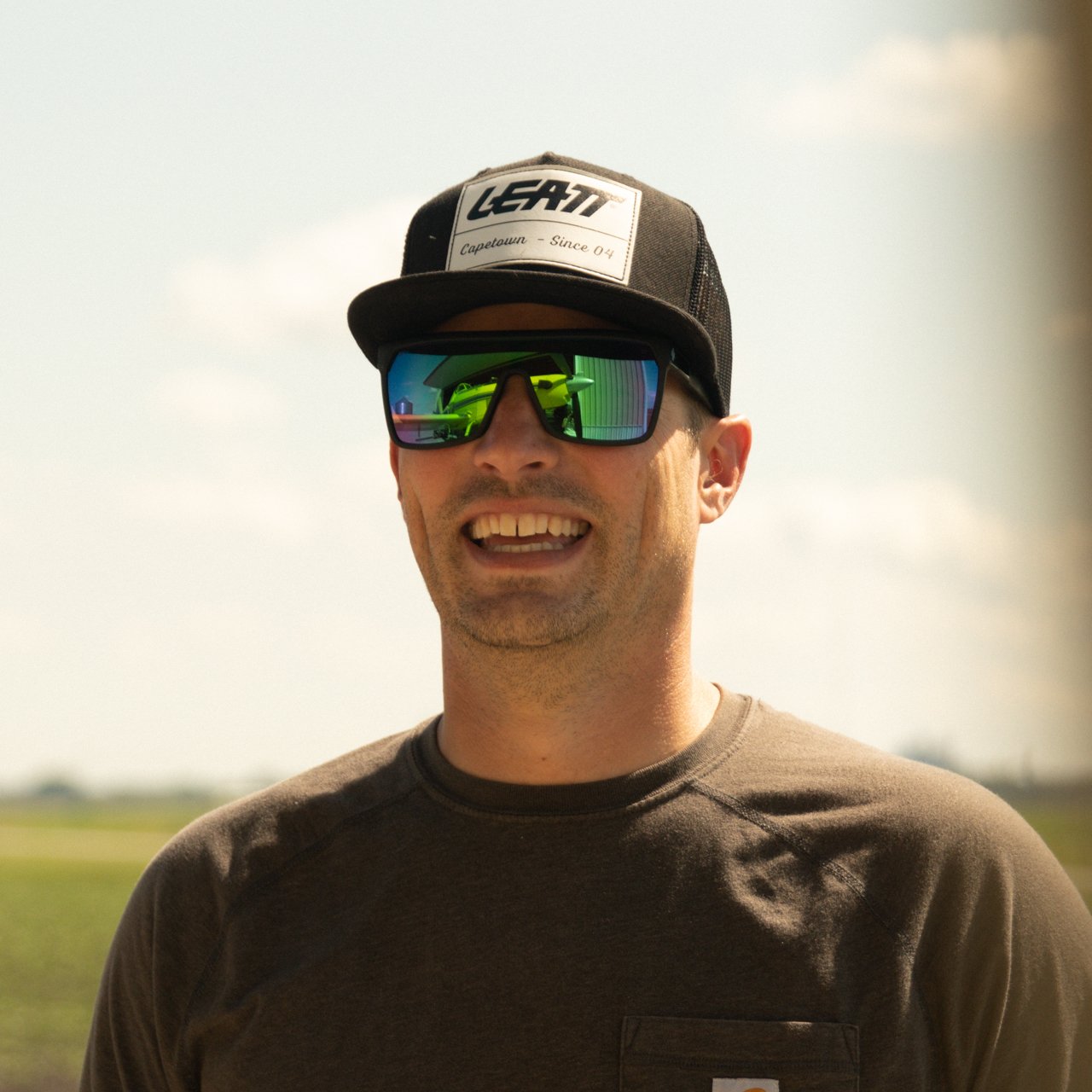
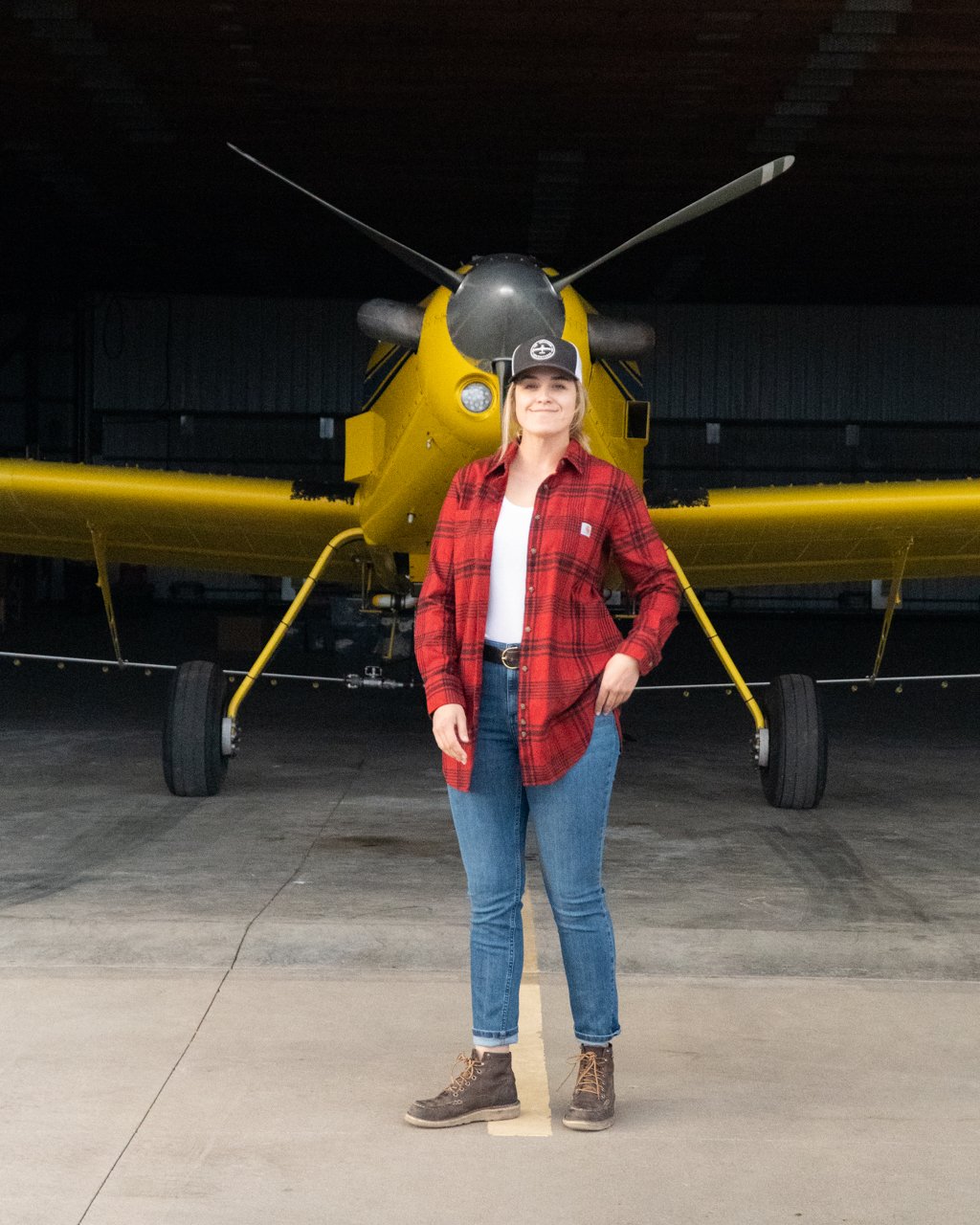
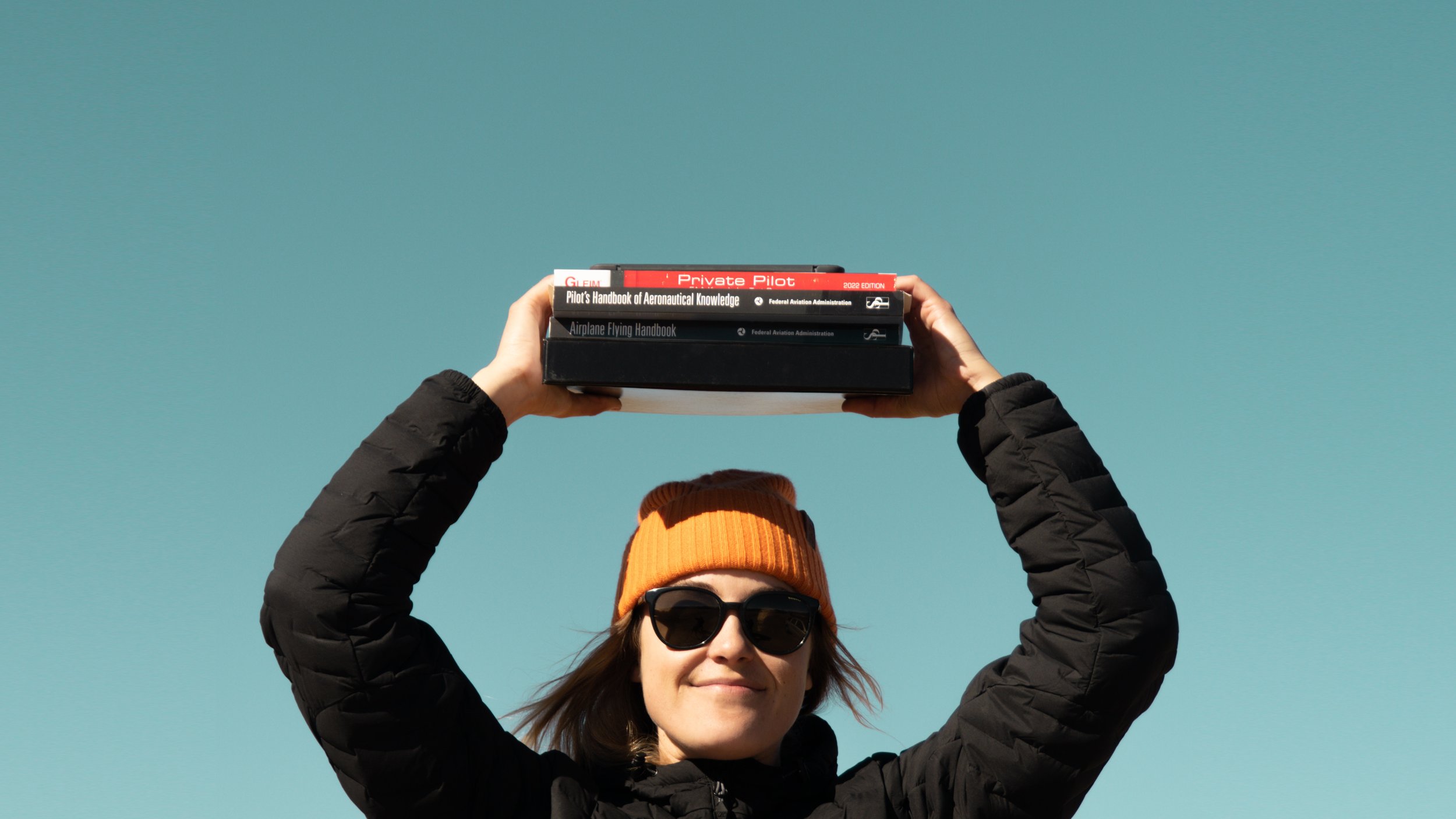


Check out our new Enduraplas tank for our mobile load system!